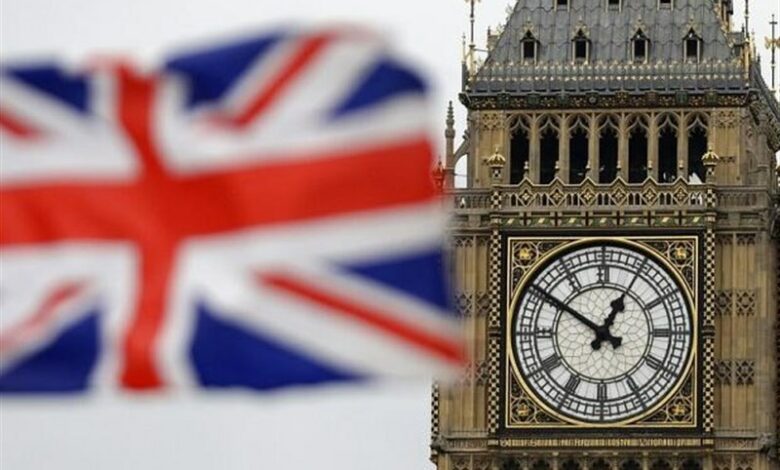More inflation for the British in the shadow of new Brexit controls

| While the British government will start new Brexit controls for the import of some products from the European Union on Tuesday, experts warn about the consequences and heavy costs of this action for British consumers. |
According to the international group Tasnim news agency, Standard newspaper He wrote in an article: Britain begins new Brexit controls as experts warn of longer delivery times, more bureaucracy and higher costs for British consumers.
Read more: More than three years after the final Brexit, the UK will introduce goods controls on imports of EU animal and plant products from Tuesday. The responsible Ministry of Agriculture in London confirmed this upon request. In addition, food importers must pay a ‘joint user fee’ of up to £145 (€169.61) per shipment for some products such as sausages, cheese and yogurt, as well as cut flowers.
In this situation, experts and companies warn of longer delivery times, more bureaucracy and higher costs that consumers in the UK will ultimately have to bear. According to calculations by the credit insurance company AllianzTrade, the new Brexit rules could cost British companies up to two billion pounds and increase inflation. Accordingly, import costs will increase by ten percent in the first year.
Physical controls, which were implemented immediately after Brexit in the European Union, have already been implemented several times in England. It has been postponed. There was a lack of infrastructure and manpower to implement this plan. Portal “Politico” reported that immediately before the start of these controls, there are still many unanswered questions. Commercial port operators have poured millions of pounds into building inspection facilities and now have serious concerns about how they will cover the costs of running them.
The UK will leave the EU at the end of January 2020. . After the transition phase, this country has not been a member of the EU internal market and customs union since 2021. A deal agreed at the last second ensured a largely unhindered trade partnership. However, there were many problems in bilateral trade, especially in the beginning. Traders are also complaining of more bureaucracy and new tariffs in some areas under the new rules. They have access to the government information technology system that was introduced after Brexit. Otherwise, they don’t know how many items they should invoice and for whom they should invoice. Several trade associations have warned of new chaos in borders and costs, especially for small and medium-sized companies. is: The UK government is fully convinced that border facilities, infrastructure and systems will be ready for the new border controls to be implemented on 30 April.
Of course, more than 4 years after The official departure of the United Kingdom from the European Union, the United Kingdom has faced the dire consequences of Brexit. Instead of hoping for economic improvement, the decline in growth, the lack of trade agreements and the increase in food costs are part of the daily life of this country.
The results of the surveys show that 63 10% of Britons consider Brexit a failure, while only 12% see it as a success. In 2016, they voted to leave the European Union, and finally the United Kingdom left the European Union on Friday, January 31, 2020 at 11 pm local time.
end of message/
| © | Webangah News Hub has translated this news from the source of Tasnim News Agency |
[is_logged_in] Link [/is_logged_in]
|


